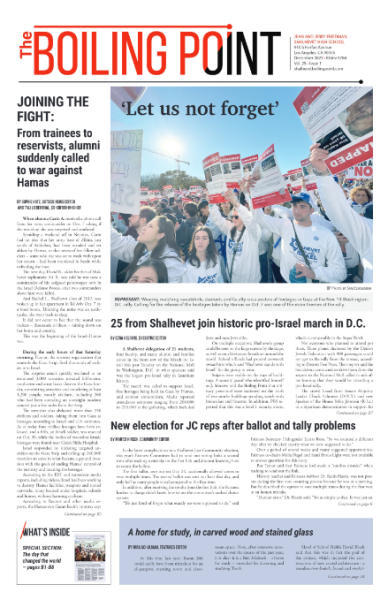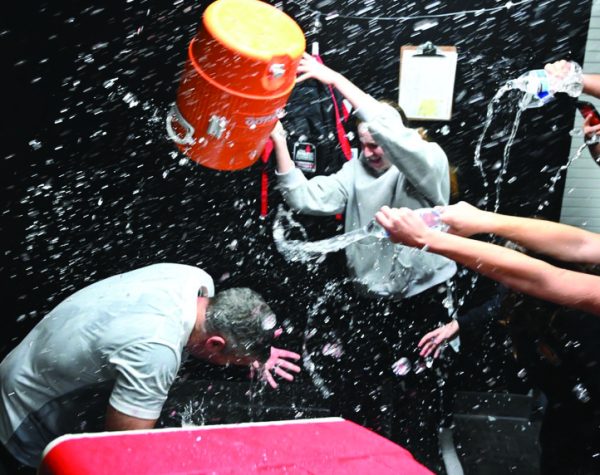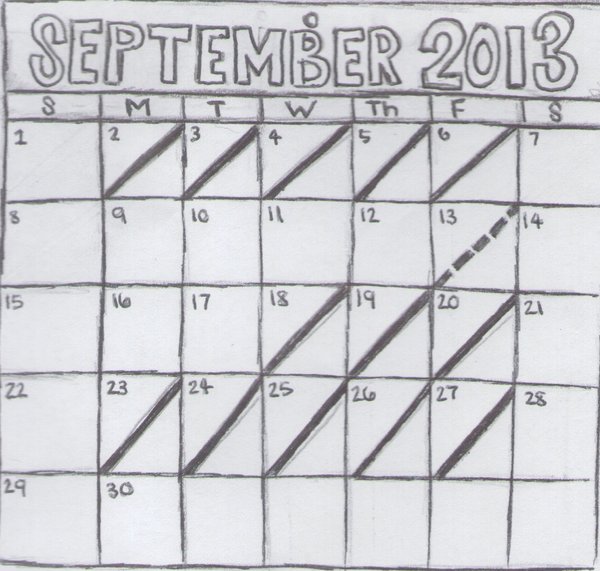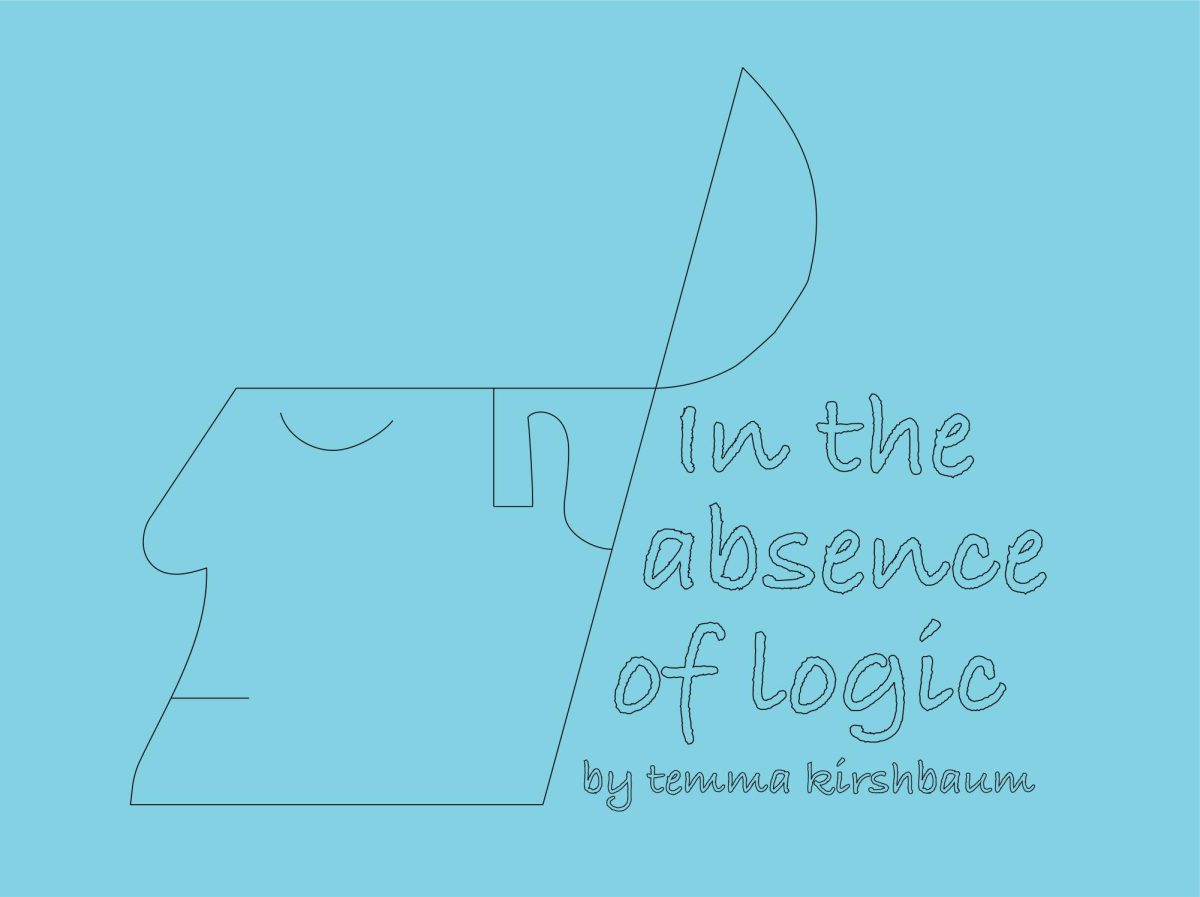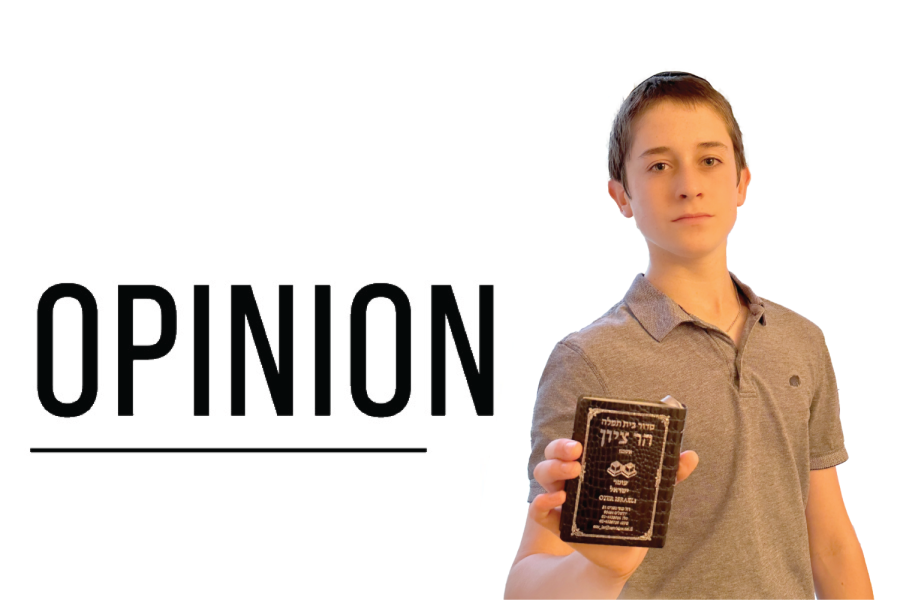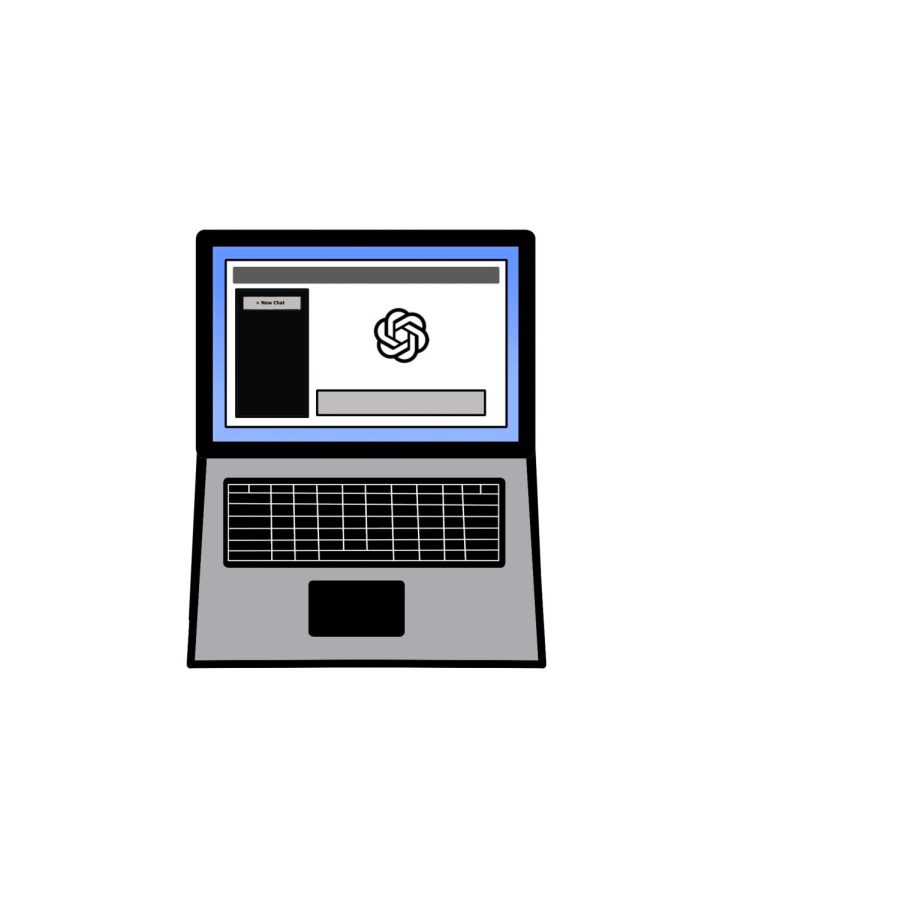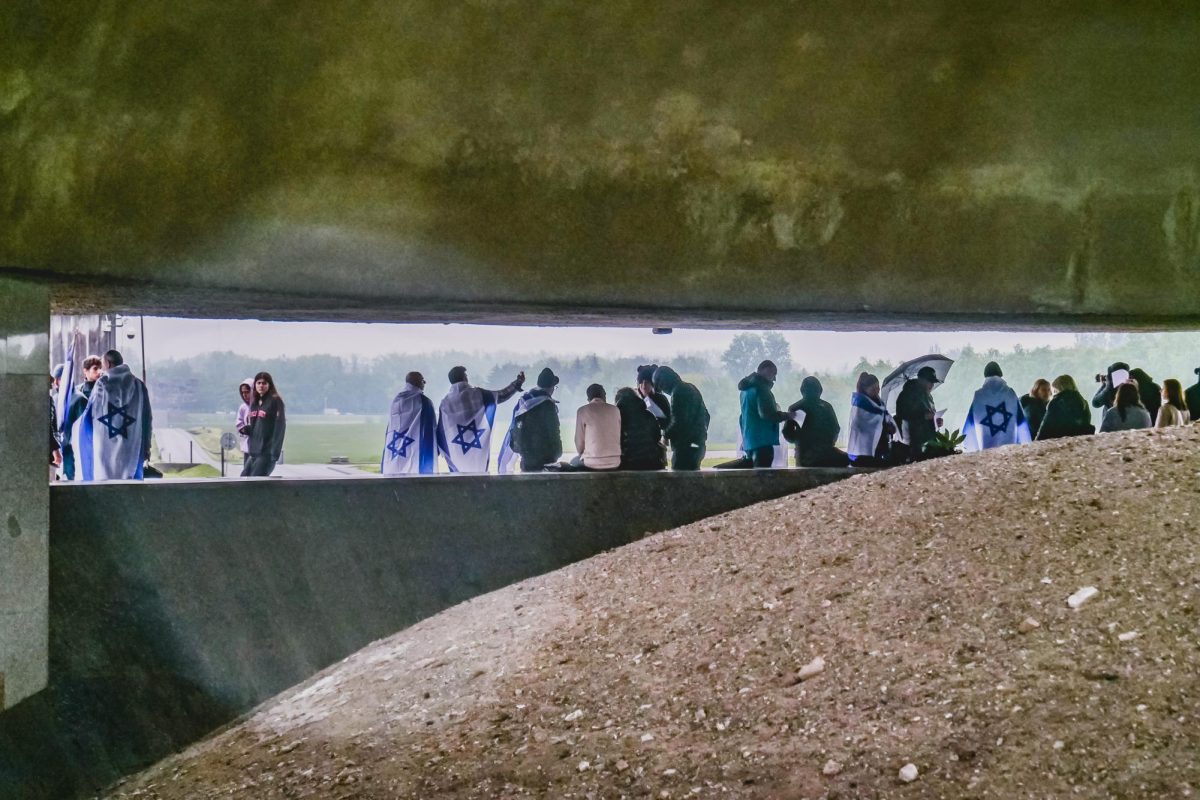AP Boot Camp. Labor Day Weekend. Rosh Hashana. First days of class. Yom Kippur. Two school days. Sukkot Break.
In the entire month of September, there were only six full school days and one half-day of school on Erev Yom Kippur, due to the Jewish holiday calendar. And that includes our first day back from break, this past Monday.
But the work, it seemed, continued as though the holidays didn’t happen – especially Sukkot. Many teachers assigned long-term projects due soon after Sukkot break.
Sept. 30, the first day back, was a school-wide blackout day when nothing could be due, but various tests were scheduled for Tuesday, Oct. 1, the second day back.
There were tests in AP Psych, AP Euro and Algebra II Honors Oct. 1 and 2, an AP US History test Oct. 3, and on Friday, Oct. 4, a freshman test on The Odyssey.
Junior Tanakh classes had a paper due Oct. 4 or 8 on Sefer Kohelet, and all sophomores have an English essay due Oct. 11. A junior Film essay was due along with junior math homework Oct. 1.
Some seniors had over 280 pages of reading assigned (across various classes), and many students can’t do that on chag because they need to annotate–and this is along with a senior Gov project due Oct. 2 and for some, a Hebrew essay due Oct. 1.
Some of this work was originally due before break and the teachers postponed it to give students extra time. But it’s not really extra time if it’s chag, especially for students who go out of town, but also for anyone who observes it in a traditional way.
This is an ongoing problem Shalhevet faces after Jewish holidays and vacation in general.
It is unfair to the students to declare a break for chag but still assign hours of schoolwork. Also, whatever happened to the halacha that one is not supposed to engage in regular work on chol hamoed, the intermediate days?
It is understandable that teachers feel pressured, due to the fitful start of the year, to make up for the time missed during Sukkot. Normally, Shalhevet starts during the last week of August, giving teachers several weeks before the High Holiday interruption.
This year, with Rosh Hashanah on Sept. 1, the calendar didn’t allow it.
But it is also stressful for students to feel crammed with work during their first week back.
After every summer, transitioning back to school is challenging for everyone. The administration’s hard work and dedication did create a positive atmosphere for the short time spent in school before the 12-day break began.
But next time the holidays fall early, things should be handled differently.
School should start a few weeks earlier, as it did this year during AP Boot Camp, to ensure at least three weeks of good learning before the long break. All classes should have started then, not just APs.
And if that’s not possible, then the administration should require teachers to wait to assign big projects and tests until after Sukkot break – or whatever holiday break – is over.











